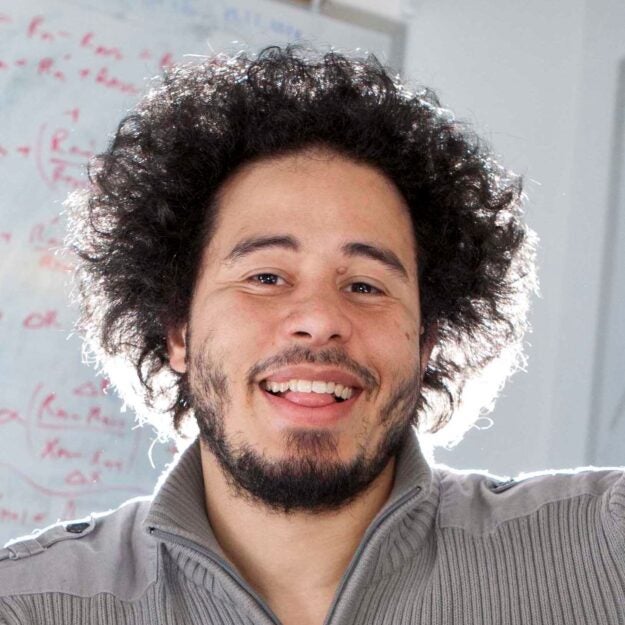Maurice Smith discussed the human brain’s control of motor behavior and learning in a recent CHDS seminar. Smith is Professor of Bioengineering at the Harvard Paulson School of Engineering and Applied Science, where he leads the Neuromotor Control Laboratory.
Smith presented recent work from his lab, explaining how variability and uncertainty influences the planning and execution of movement. For any movement task, his work demonstrates how repetition of the same movement – toward the same goal in the same environment – improves the fidelity (or performance) of that movement. However, variation seems to promote motor learning, which improves human motor performance in novel environments. Using principles from control theory, his work highlights an interesting tradeoff between performance for a specific, repeated task against performance in unexpected circumstances, and how the ideal movement training regimen might depend on the balance between these two goals. Smith described the neural mechanisms behind these observations, and highlighted how uncertainty could be categorized as it relates to the position of the target of movement, the environment in which the movement takes place, and the features of the movement itself. His findings have valuable implications human cognitive learning and decision making in other settings, including those related to health decision science.
To be added to the email list for future CHDS seminars, please write to chds@hsph.harvard.edu.
Learn more: Read How the brain accounts for uncertainties in motor planning
Learn more: Explore the Neuromotor Control Laboratory
Learn more: Read What is decision science?
Related news: Real World Decision Analysis: Thanksgiving Travel
Related news: Saghafian Launches PIAS Lab
